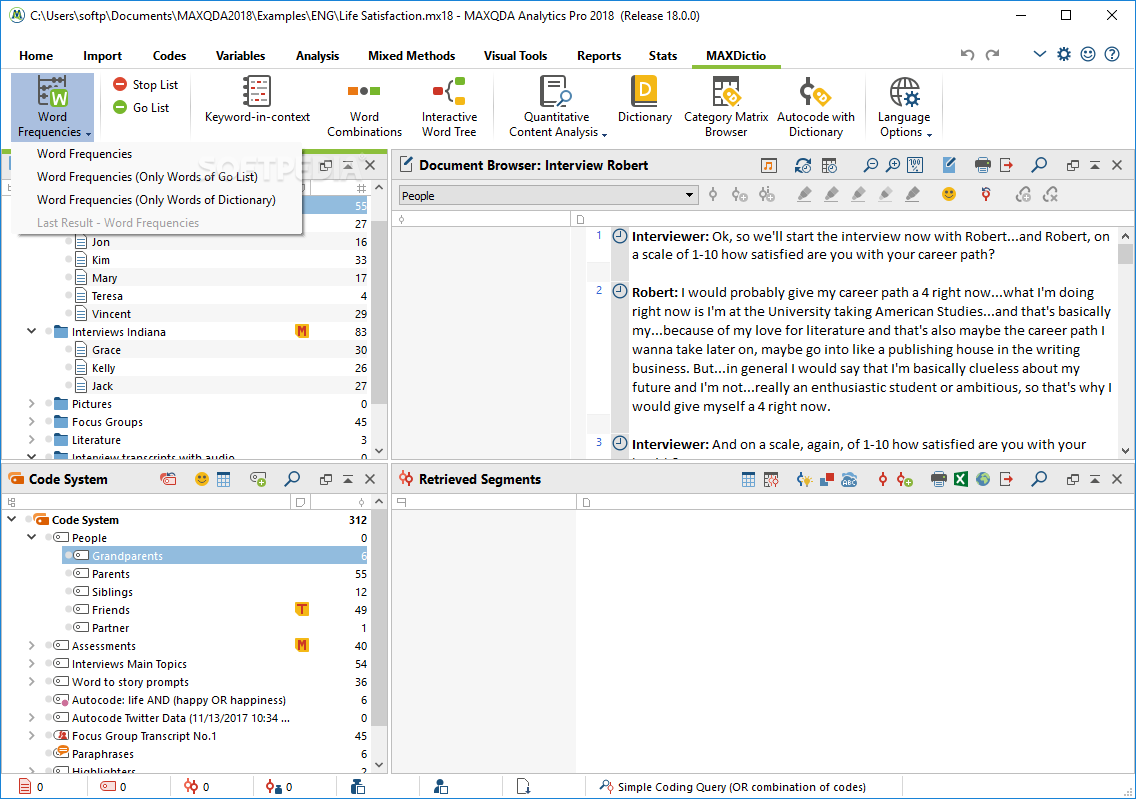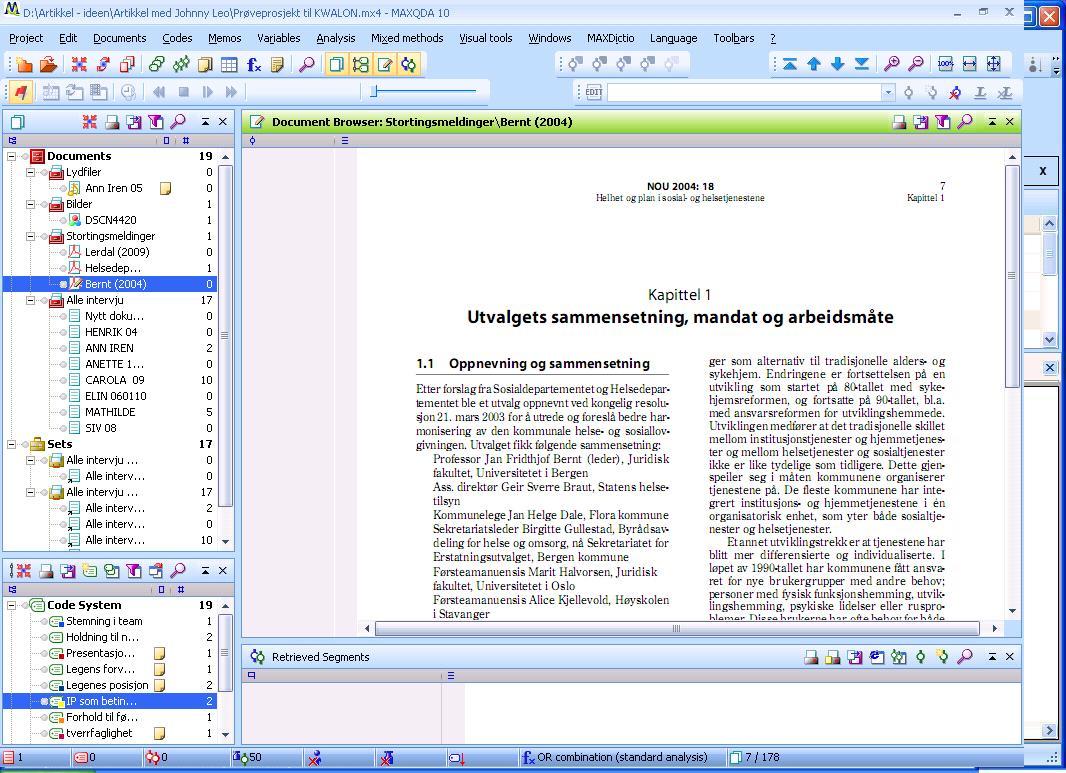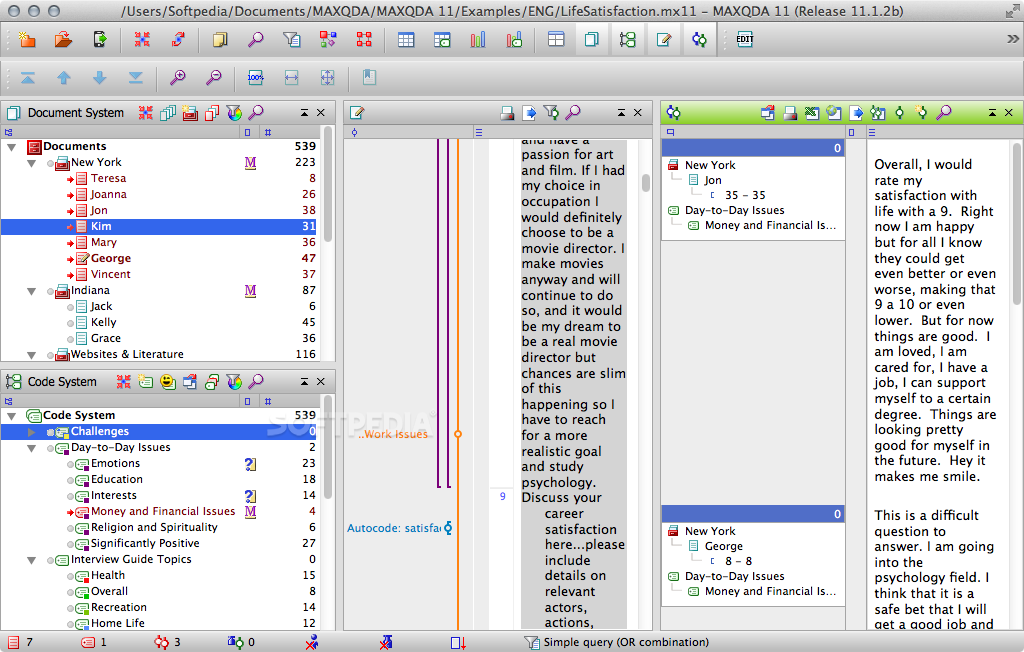

Interviews and system mapping have demonstrated interlinkages between environmental, economic, and health aspects. This study analysed the regulations, relevant actors, and responsibilities in the complex system of manure and public health in the Netherlands. Manure can contain zoonotic pathogens, but whether exposure to manure and manure treatment also poses a risk to public health is still unknown. Excess application of manure can lead to environmental problems therefore, manure needs to be treated and discharged. As a result, the Netherlands has a manure surplus. The Netherlands is one of the most densely populated countries in terms of people and livestock and is the second largest exporter of agricultural products worldwide. International Registered Report Identifier (IRRID) German Clinical Trials Register (DRKS) DRKS00022465 The proposed methodological approach provides a multifaceted and diverse empirical basis for a broad discussion on these implications. The possible ethical, legal, social, and systemic impacts of a widespread use of SCAs that affect stakeholders and stakeholder groups on different levels of health care will be identified.

The final study endpoint will be in February 2023. In study phase 3, interviews are currently being conducted. We expect the results of study phase 2 in December 2021 and February 2022. Study phase 1 will be completed in November 2021. Moreover, interviews with health care experts will be conducted in study phase 3 and will be analyzed by using the reflexive thematical analysis approach of Braun and Clark. Study phase 4 will comprise GP interviews to assess their experiences, perspectives, self-image, and concepts and will be analyzed with the basic procedure by Kruse. Study phase 3 will investigate self-observational diaries and user interviews, which will be analyzed as integrated cases to assess user perspectives, usage pattern, and arising problems. It aims to assess the user degree of SCAs in Germany as well as the predictors for SCA usage. Study phase 2 comprises a survey that will be analyzed with a logistic regression. In study phase 1, a comprehensive literature review will be conducted to assess the ethical, legal, social, and systemic impacts of SCAs. Quantitative and qualitative methods will be used in several overlapping and interconnected study phases. The primary outcomes of this study are empirically informed multi-perspective recommendations for different stakeholders on the ethical, legal, and social implications of SCAs. We aim to assess a comprehensive overview of the use of SCAs and address problematic issues, if any. It considers the perspectives of the users, nonusers, general practitioners (GPs), and health care experts. This study protocol describes an approach to investigate the possible impacts and implications of SCAs on different levels of health care provision.

The ethical, legal, and social implications of SCAs and their impact on the patient-physician relationship, the health care providers, and the health care system have sparsely been examined. Symptom checker apps (SCAs) are accessible tools that provide early symptom assessment for users.


 0 kommentar(er)
0 kommentar(er)
